Blocked. Unblocked. Blocked Again: Instagram's Vanishing Act and the Digital Divide
For fans scrolling through Instagram in India, it was déjà vu — again. The profiles of celebrated Pakistani actors like Mawra Hocane, Yumna Zaidi, and several others went dark. Then briefly reappeared. Then vanished once more.
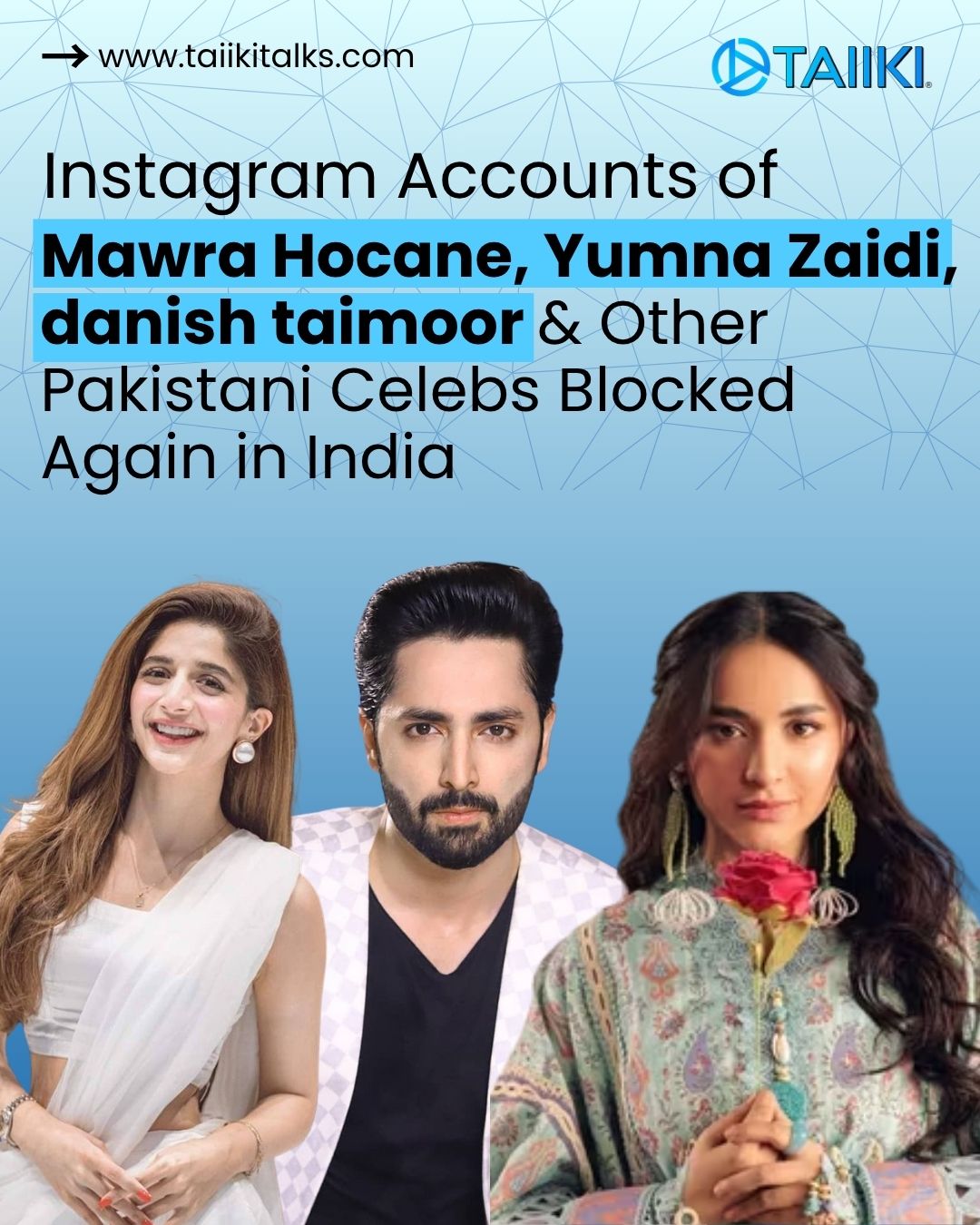
For fans scrolling through Instagram in India, it was déjà vu — again. The profiles of celebrated Pakistani actors like Mawra Hocane, Yumna Zaidi, and several others went dark. Then briefly reappeared. Then vanished once more.
What’s going on?
This digital disappearing act has become a recurring pattern, sparking more questions than answers. While neither Instagram (Meta) nor official Indian government sources have released statements, the silence only fuels speculation — and deepens the divide in an increasingly connected digital world.
A Pattern Repeating Itself
This isn’t the first time digital blocks have hit Pakistani celebrities or creators in India. Nor is it confined to one platform. From YouTube takedowns to restricted Spotify content, the lines between national interest and digital censorship are blurring.
For many, these bans feel like political statements — timed, targeted, and symbolic. But for millions of fans and followers, they feel like a wall being built in real time, brick by digital brick.
Security or Censorship?
Is this about national security? Or is it content regulation? Or perhaps, a reflection of broader geopolitical tensions that spill into cyberspace?
“It's a balancing act,” says Dr. Samir Jain, a digital policy researcher. “On one hand, governments have the right to control content deemed harmful or sensitive. But on the other, such bans often appear opaque, with no clear explanation or recourse — which is where concerns of censorship come in.”
And that’s the problem — the lack of transparency. If these blocks are indeed rooted in security concerns, they must be communicated. If not, they start to look like arbitrary acts of digital nationalism.
A Shared Culture, A Divided Feed
Ironically, while profiles are being blocked, Indian and Pakistani artists are collaborating more than ever. From web series to music collabs, audiences on both sides of the border continue to embrace each other’s art.
OTT platforms like Netflix and Zee5 host cross-border content. Millions follow Pakistani celebrities on Instagram and vice versa. Memes, reels, and viral trends know no borders. Until, suddenly, they do.
What Does a Block Achieve?
In a world where influencers speak across languages, and content can go viral globally in seconds, what does blocking a few Instagram accounts really achieve?
Yes, national security matters. But digital walls rarely result in long-term safety — and they almost always erode trust and openness. Worse, they hurt cultural dialogue, something the subcontinent desperately needs more of, not less.
As platforms remain silent and governments stay tight-lipped, users are left questioning the purpose behind the blocks. Meanwhile, the creators affected — often with no say — watch their digital presence dissolve in key markets.
Opening the Floor
At Taiiki Talks, we’re not here to choose sides. We're here to ask questions. And this one matters:
Is digital blacklisting a justified policy decision — or a retreat from the promise of global connectivity?
Tell us what you think.
Join the conversation. Share your views using #TaiikiTalks or drop a comment below.
Because news deserves depth.
And dialogue deserves space.








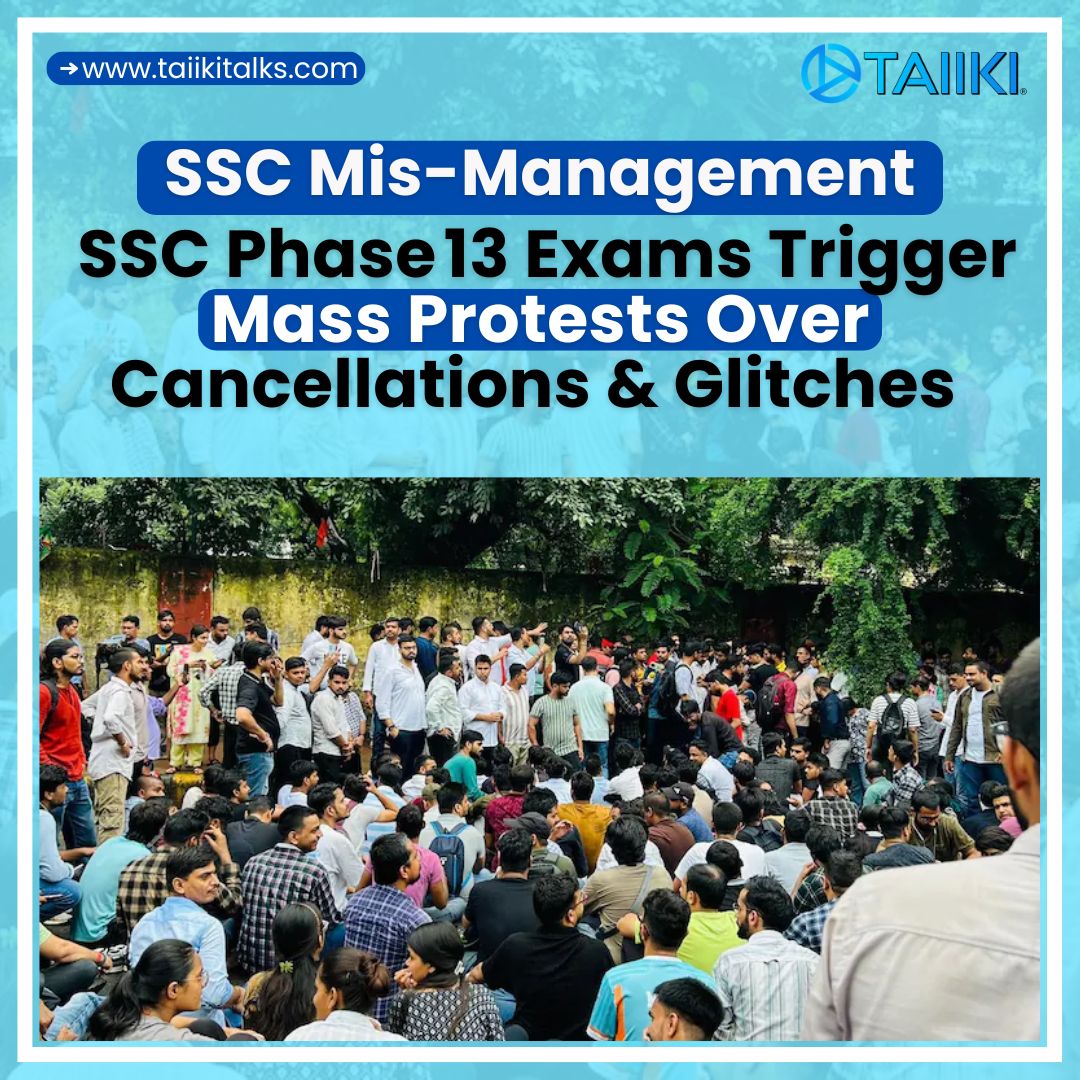

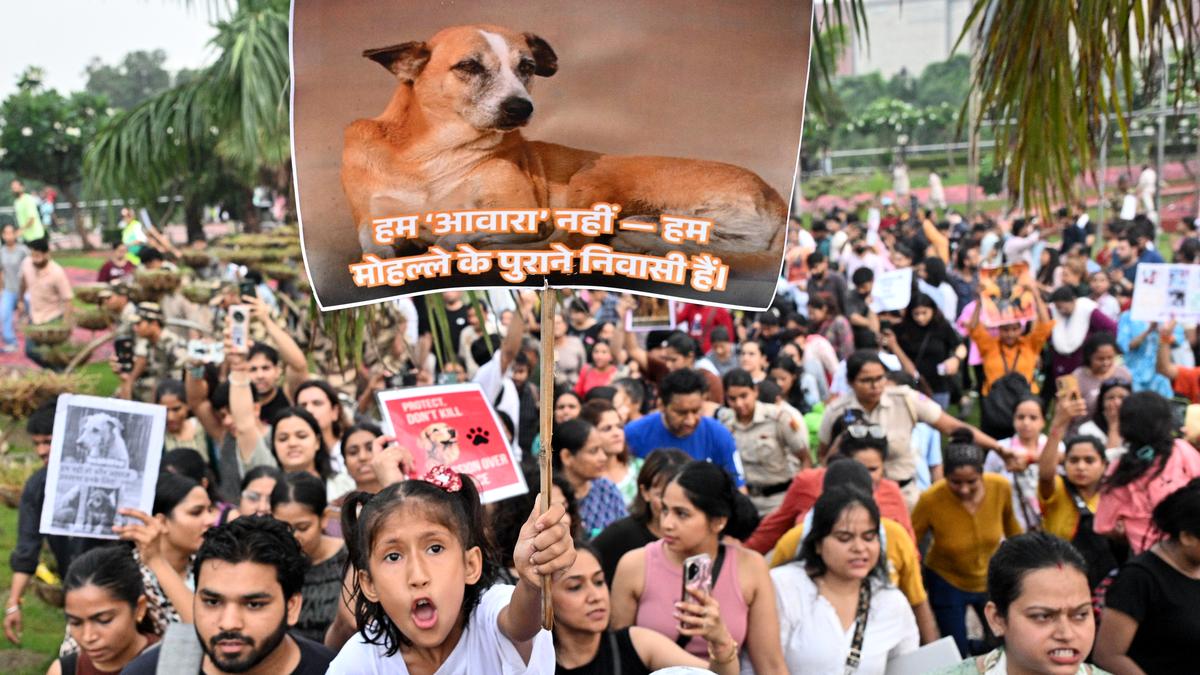




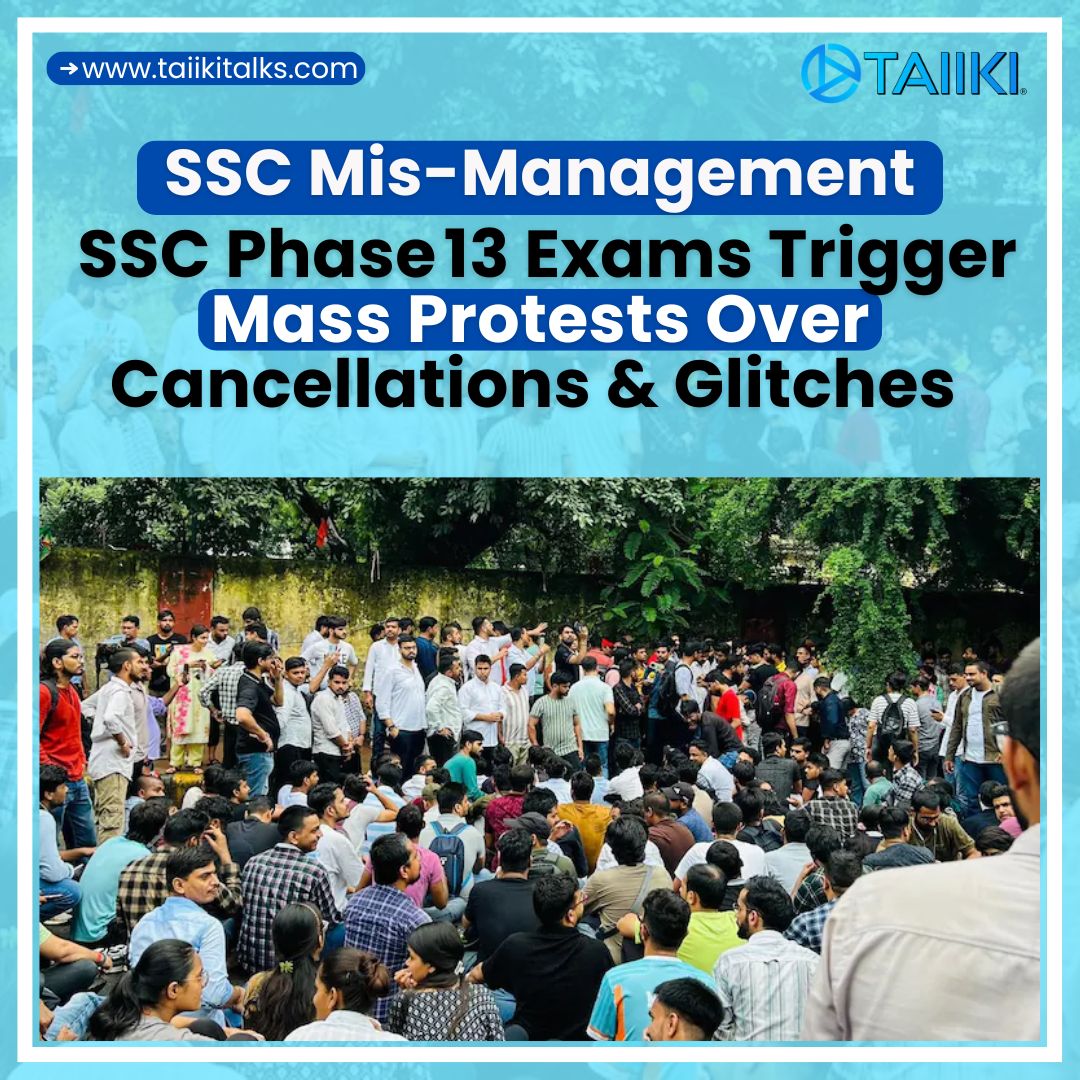
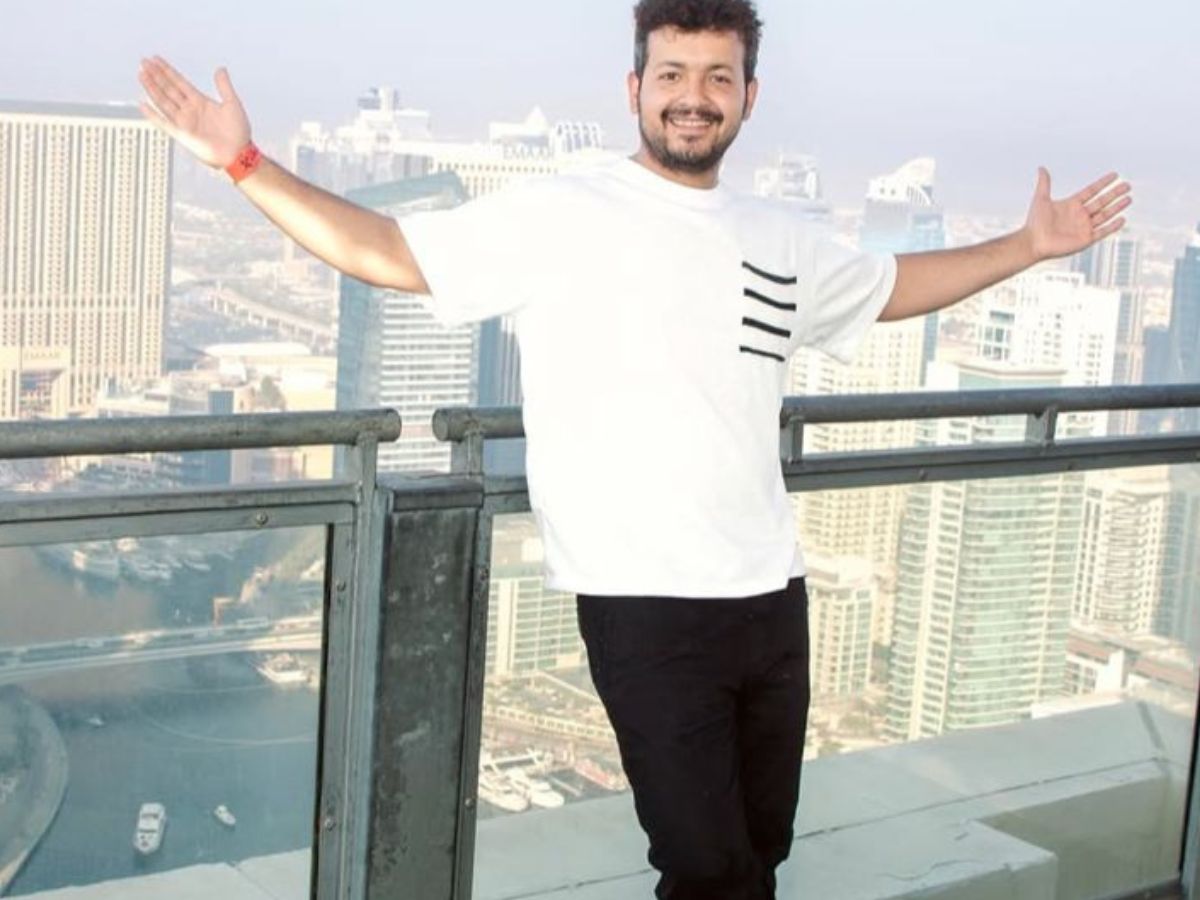



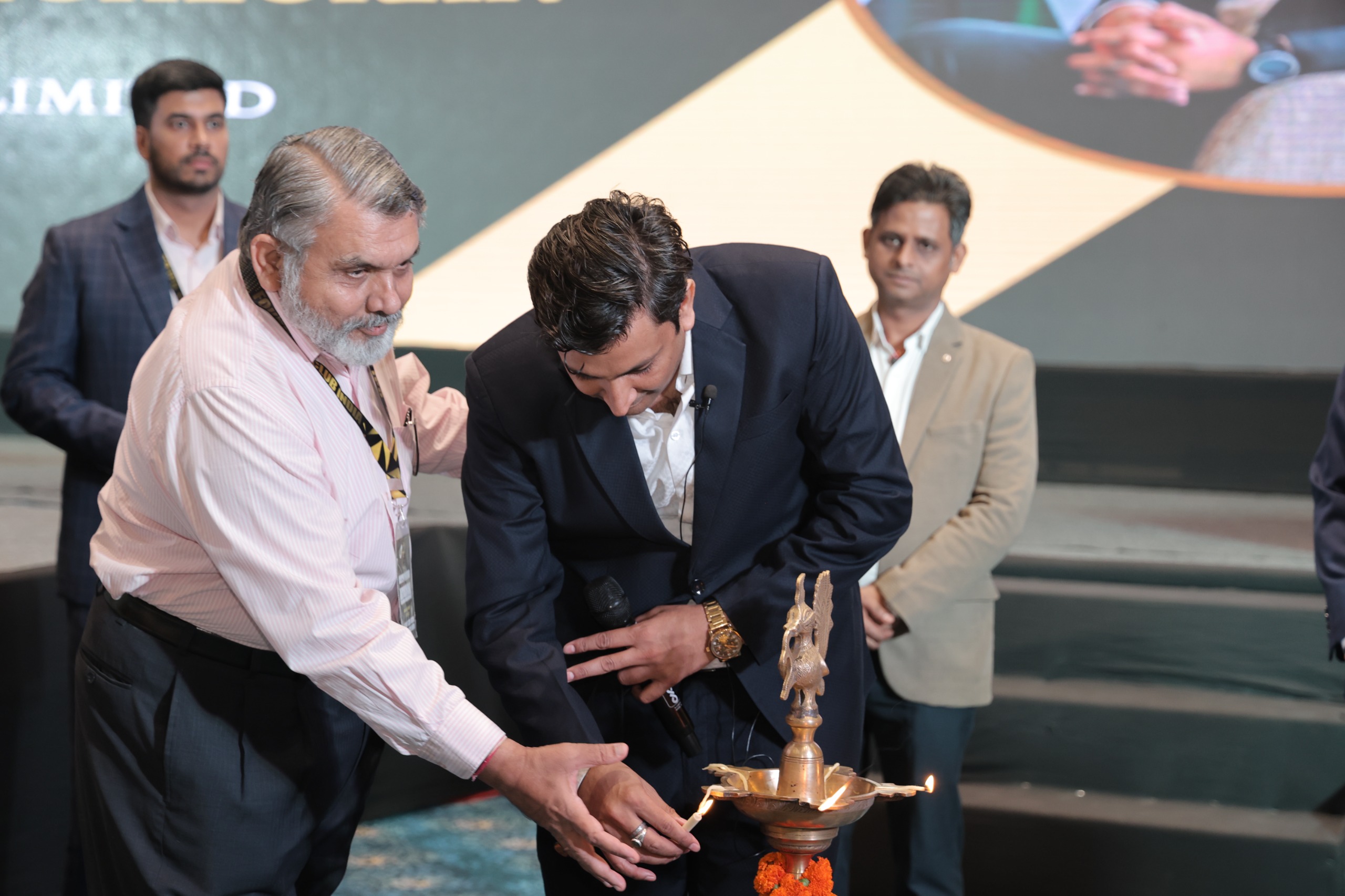
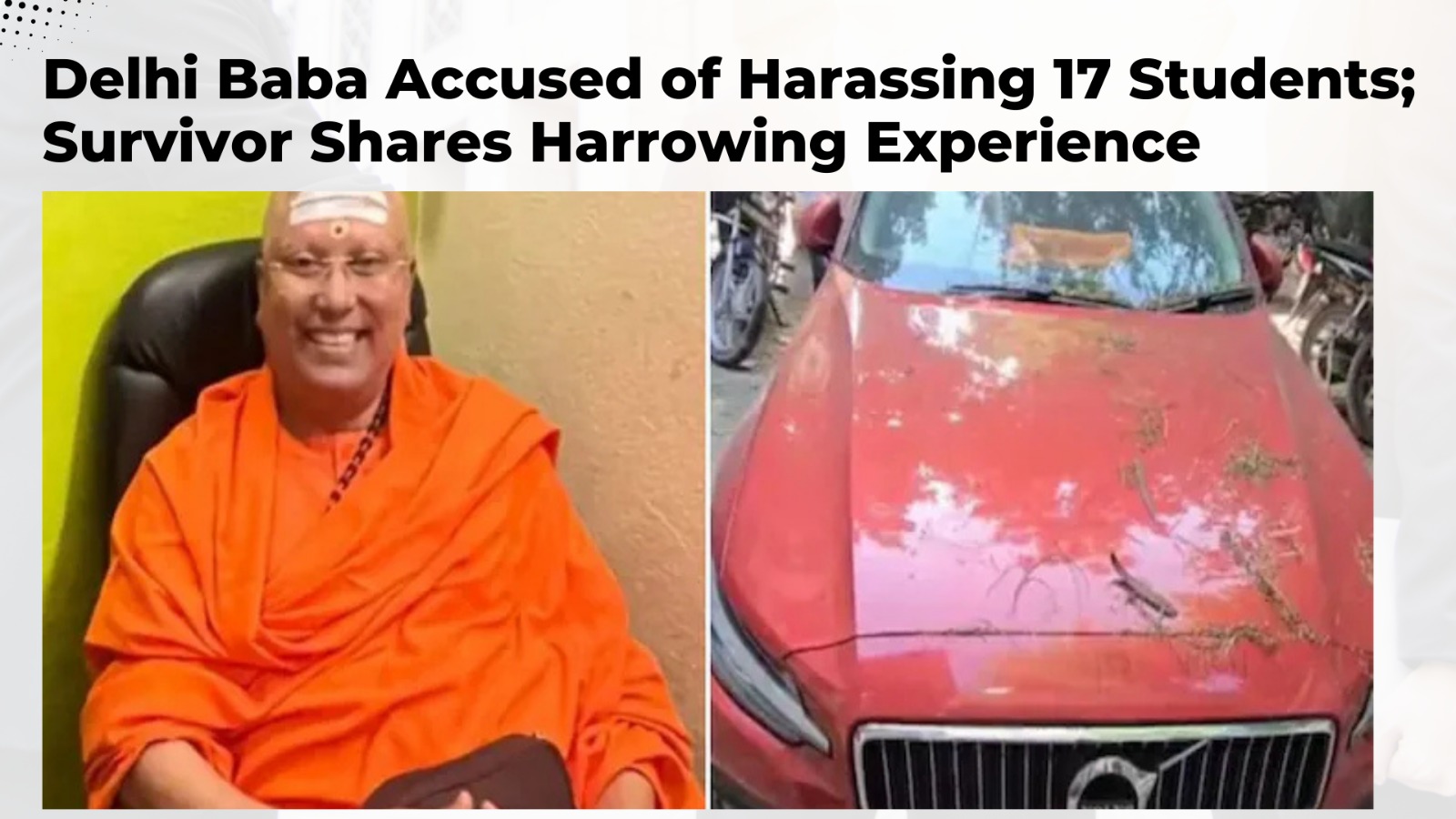
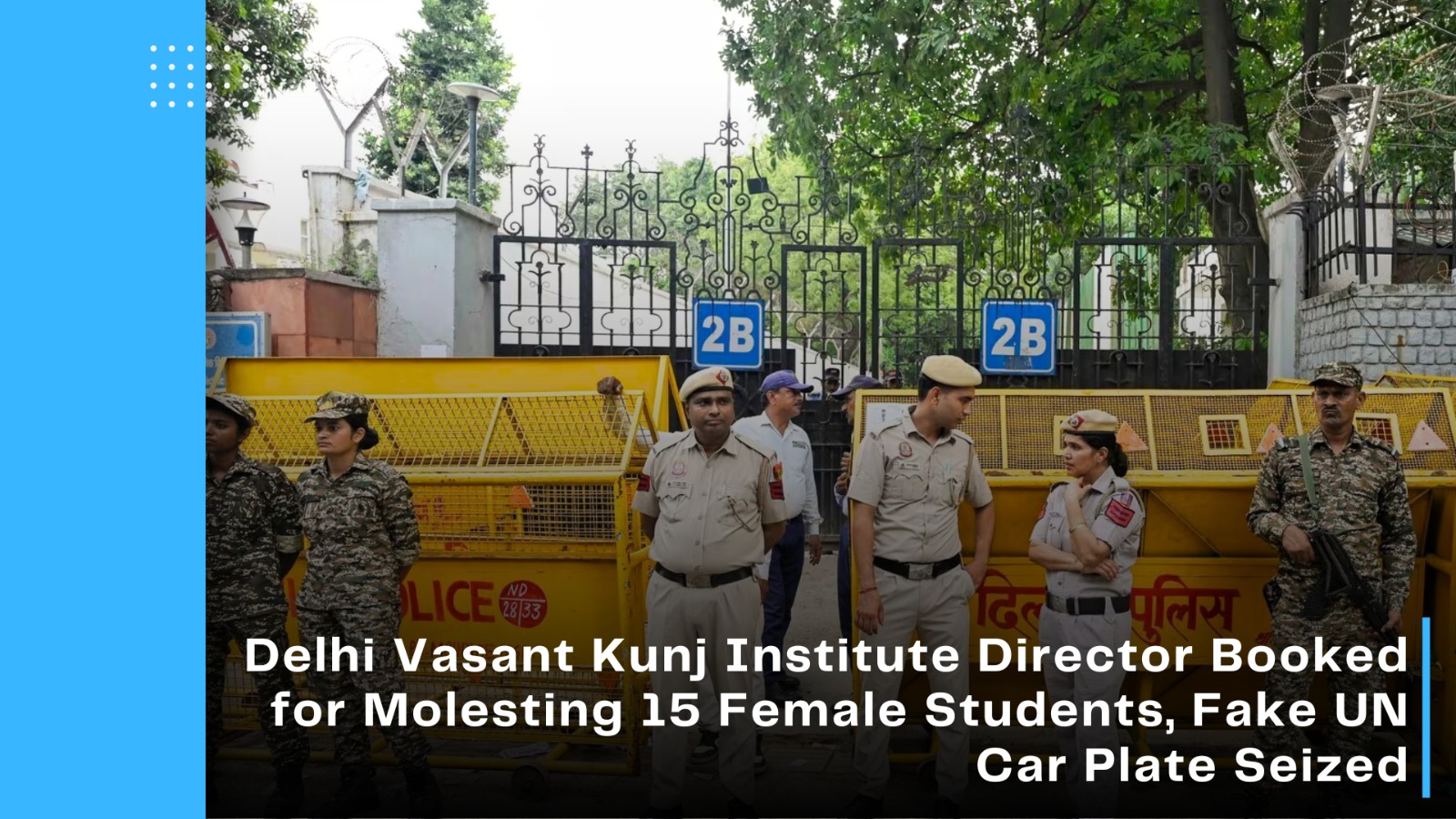
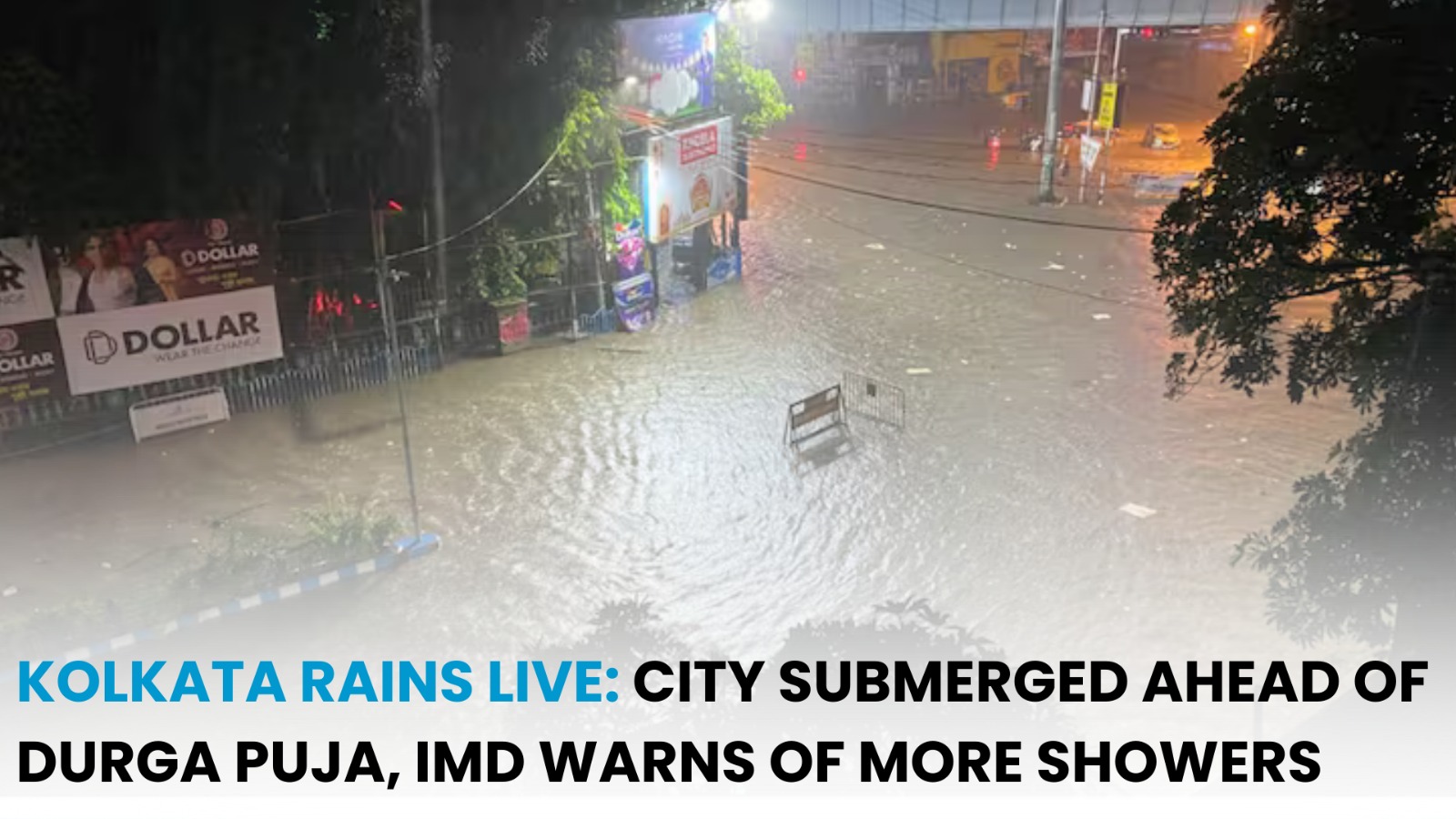
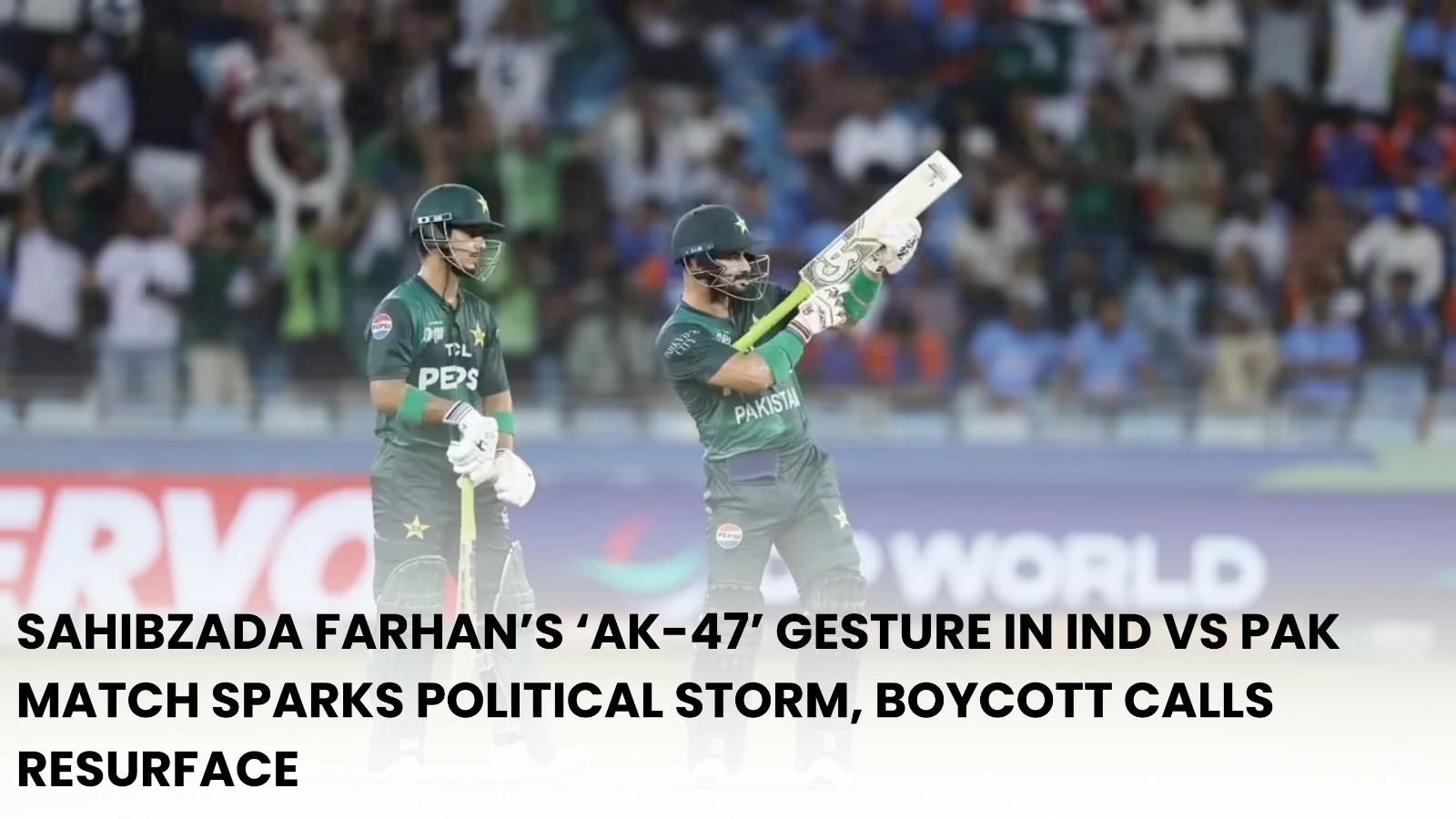

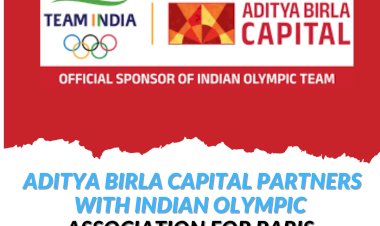

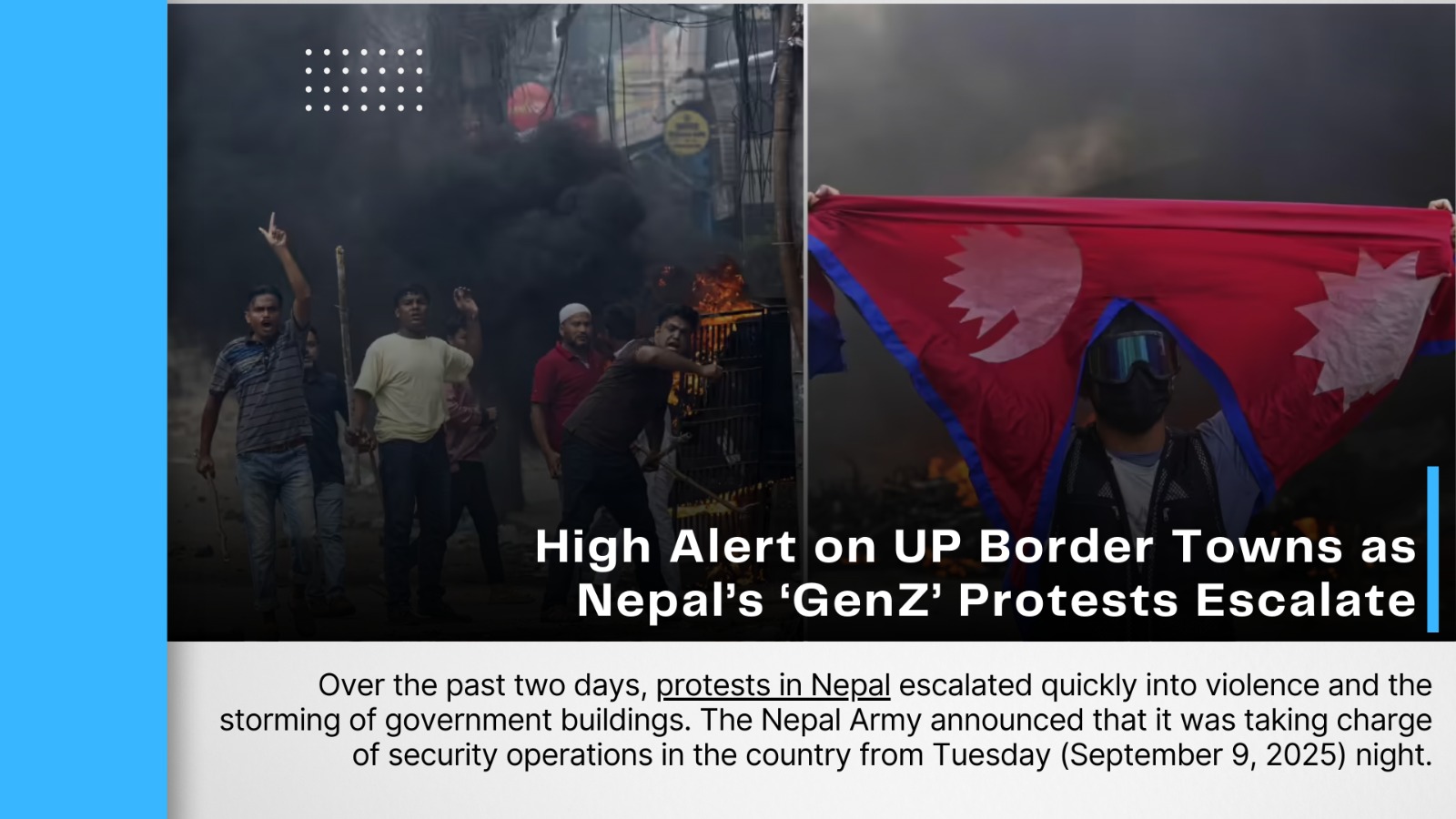

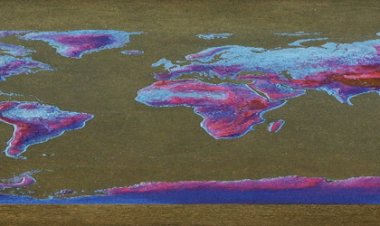


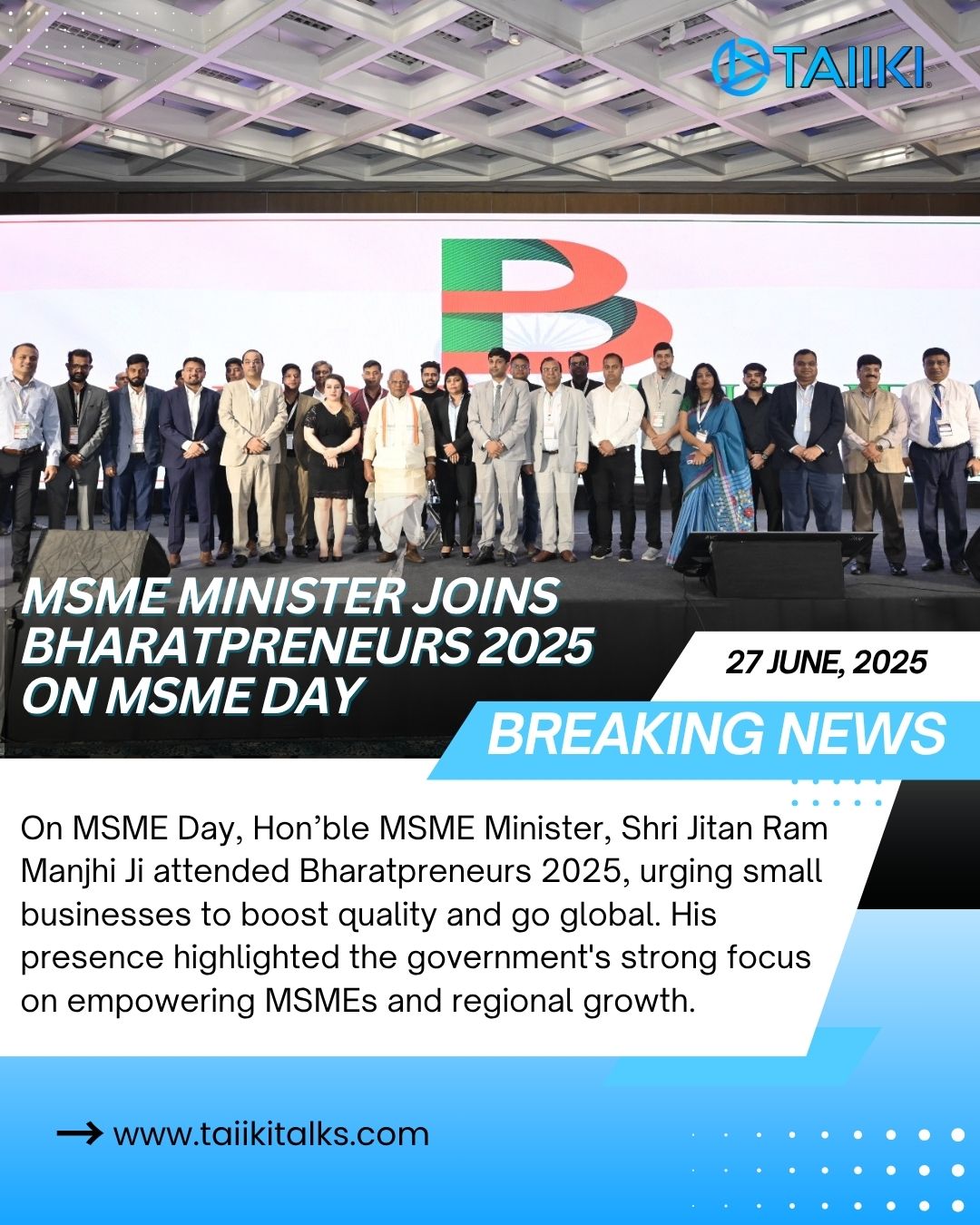
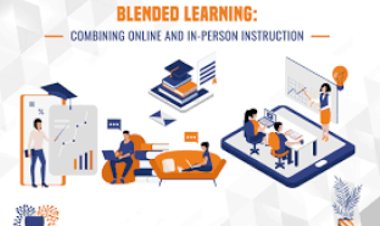
Comments (0)